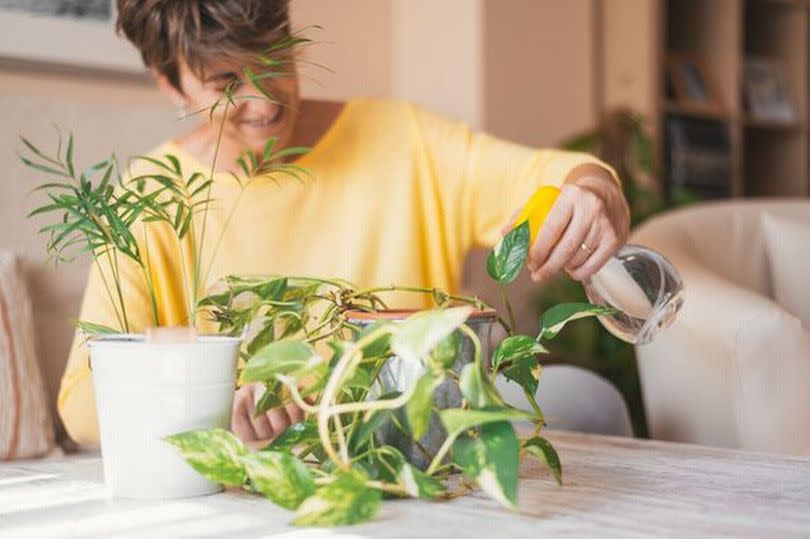Six mistakes to avoid during heatwave to keep houseplants happy

Houseplants require special attention throughout the year, but it's during the summer months that they need the most care. Neil Mckenzie from Halton Stairlifts suggests regular watering and keeping houseplants away from direct sunlight.
Insufficient water
Neil explained: "During a heatwave, your houseplants will need more water than usual."
He added, "The hot weather causes the soil to dry out faster, so it's essential to keep an eye on it. Check the soil moisture daily. Stick your finger about an inch into the soil, if it feels dry, it's time to water."
He also advised thorough watering until you see it coming out of the drainage holes at the bottom of the pot. This ensures the roots get enough moisture, but be careful not to let it sit in water as this can cause root rot, reports the Express.
Excessive sunlight
While plants love sunlight, too much direct sunlight during a heatwave can scorch their leaves. Neil suggested: "Move your plants away from windows where they get direct sunlight, especially during the hottest parts of the day."
If moving your plants isn't possible, he recommends using sheer curtains to diffuse the sunlight.
Not misting plants
Misting the plants can help increase humidity and keep them cool during warm weather. Neil recommended filling a spray bottle with water and misting plants in the morning.
This gives them time to dry out before nightfall, preventing fungal issues.
Depending on the humidity levels within your home, you may want to mist the plants once or twice a day.
Not grouping plants together
Neil continued: "Grouping plants together can create a microenvironment with higher humidity, which is beneficial during hot weather."
"Place your plants close together, but make sure they still have enough space for air to circulate."
Feeding
During a heatwave, it is best to hold off feeding indoor plants as this can cause them to "stress" more. Wait until the temperatures cool down fully before fertilising them again.
Not using mulch
Neil noted: "Mulching isn't just for outdoor plants, it can help indoor plants retain moisture too."
"A layer of mulch on top of the soil can help keep moisture in. Use organic materials like compost, shredded bark or even small pebbles."

 Yahoo News
Yahoo News 
